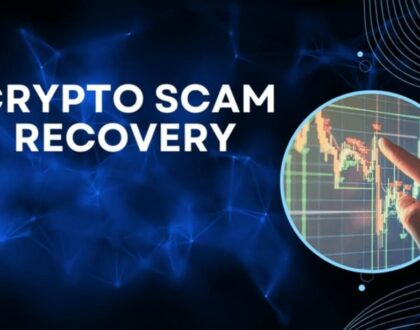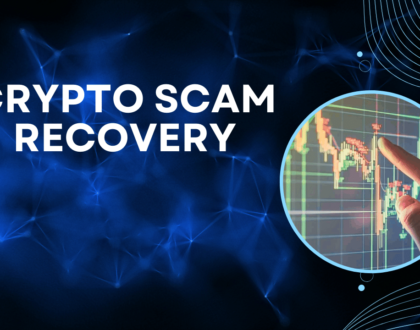
Bitcoín
What is Bitcoín?
Bitcoín is a digital currency created in January 2009. It follows the ideas in a whitepaper using the mysterious and pseudonymous Satoshi Nakamoto. The identity of Nakamoto stays unknown. Unlike government-issued currencies, Bitcoín promises to decrease transaction expenses compared to conventional online charge mechanisms and is operated by a decentralized authority.
The reason for Bitcoín
Bitcoín became a new form of cash without a central authority or banks. Its primary cause consists of:
1. Decentralization:
Bitcoín eliminates the need for a valuable financial institution or single administrator, making it resistant to censorship and management.
2. Virtual Transactions:
It facilitates digital transactions, which can be faster and regularly less expensive than conventional banking methods.
3. Store of fee:
Many humans view Bitcoín as “digital gold” because of its confined supply and capacity for appreciation over the years.
How Bitcoín Works
Bitcoín transactions are demonstrated by using network nodes via cryptography and recorded in a publicly dispersed ledger called a blockchain. The blockchain guarantees transparency and security, as all and sundry see each transaction and can’t be altered once brought.
Who Controls Bitcoin Mining?
Bitcoín mining adds transaction facts to Bitcoín’s public ledger of beyond transactions, or blockchain. This manner is completed by miners who use effective computer systems to solve complex mathematical troubles. The first miner to clear up the problem gets to feature a block to the blockchain and is rewarded with newly created bitcoins.
Decentralized manipulate:
No unmarried entity controls Bitcoín mining. It’s miles a decentralized system, meaning everybody with the necessary hardware and software can participate. The network adjusts the mining difficulty approximately weekly to ensure that blocks are introduced constantly, roughly every 10 minutes.
Mining swimming pools:
Maximum miners are part of mining pools to combine their computational electricity and increase their mathematical problem-solving possibilities. While the pool distributes the reward amongst its members, this gadget maintains the decentralized nature of Bitcoín because no unmarried pool controls most of the network’s hash charge.
Who Owns the Maximum Bitcoin?
Ownership of Bitcoín is shipped among a huge variety of people and institutions. However, positive entities maintain vast quantities:
1. Satoshi Nakamoto:
The creator(s) of Bitcoín is expected to own around 1 million bitcoins, making Nakamoto the biggest character holder.
2. Bitcoin Whales:
People or institutions maintaining enormous quantities of Bitcoín. Their identities are often unknown. However, they could substantially affect the marketplace.
The Evolution and Future of Bitcoín
Given its inception, Bitcoín has undergone massive modifications and faced various challenges:
1. Adoption:
Bitcoín’s adoption has grown regularly, with more excellent traders and offerings accepting it as payment.
2. Law:
Governments and global bodies grappling with how to modify Bitcoín and different cryptocurrencies.
3. Scalability:
Bitcoín’s scalability troubles have led to the development of answers like the Lightning network, which aims to facilitate quicker and inexpensive transactions.
Funding and risks
Bitcoín is frequently seen as speculative funding due to its fee volatility. Capacity investors should be aware of the risks:
1. Volatility:
Bitcoín’s charge can vary quickly, mainly due to vast profits or losses.
2. Protection:
Even as Bitcoín is cozy, exchanges and wallets can be susceptible to hacking.
3. Regulatory risks:
Changes in government regulations can impact Bitcoín’s value and legality.
Conclusion
Bitcoín represents a revolutionary shift in how we consider cash and financial transactions. Its decentralized nature, capacity for appreciation, and the technology behind it have captured the imagination of tens of millions worldwide. But, it is critical to approach Bitcoín with a knowledge of its complexities and dangers. As the sector adapts to this virtual currency, Bitcoín’s position inside the global economic system will probably evolve, presenting new opportunities and challenges.



